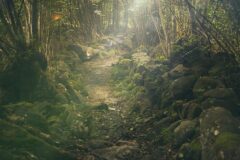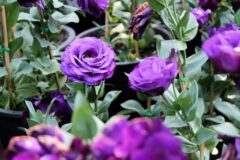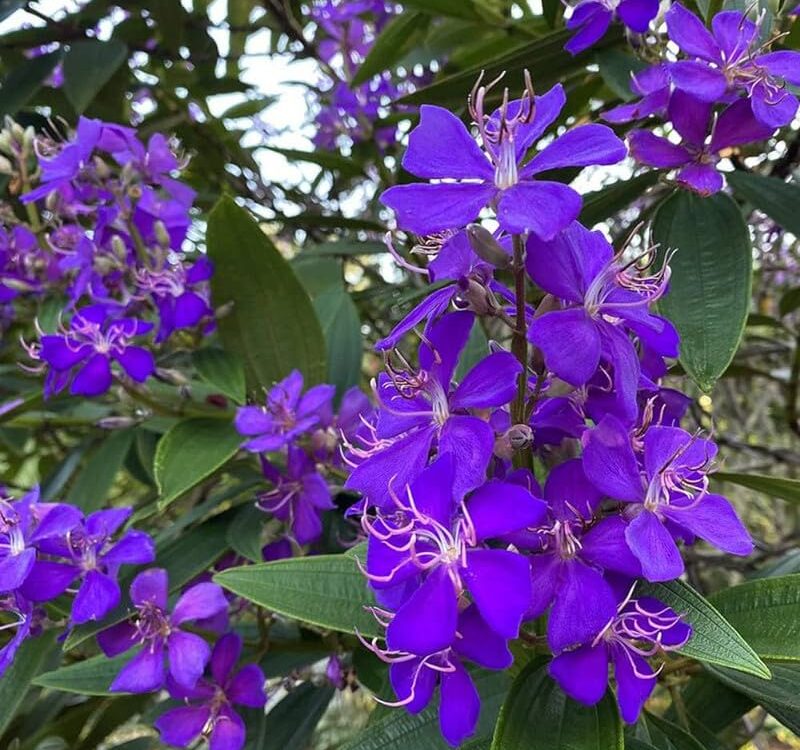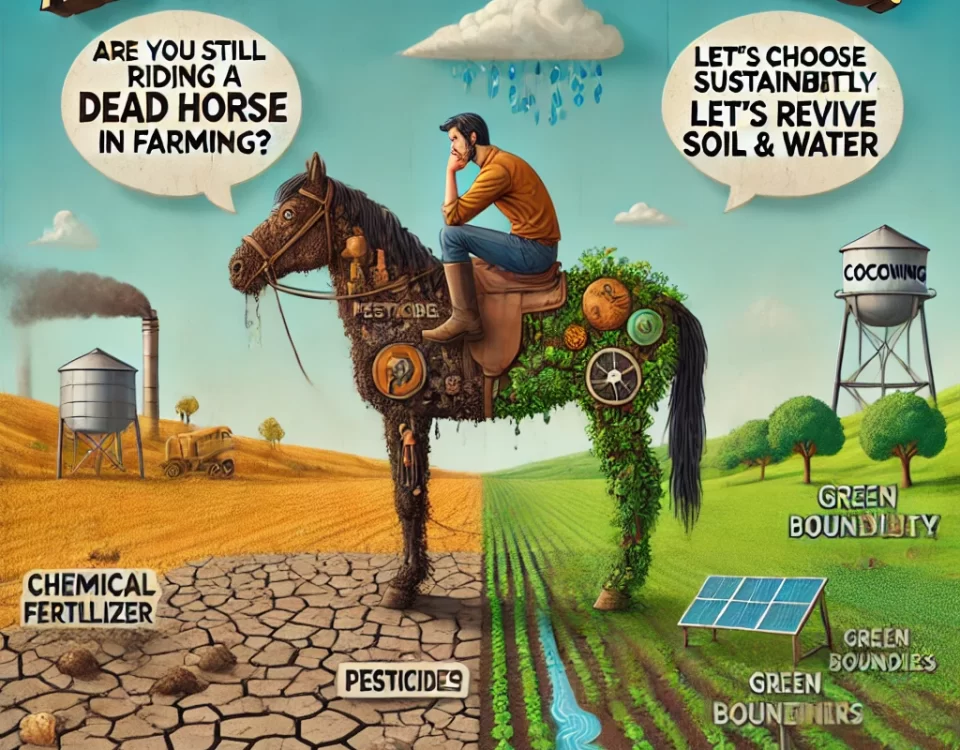The Miyawaki method, introduced in the 1970s, has been widely recognized for its ability to create dense, fast-growing forests in urban areas. It has been a beacon of hope for reforestation efforts across the globe, but as our environment continues to evolve, is this method still as effective as it was five decades ago?

Then vs. Now: A Changing Landscape
When Dr. Akira Miyawaki introduced this afforestation technique, the world was grappling with industrial pollution, but climate change was not as rapid or severe as it is today. Let’s compare some key environmental shifts:
- Pollution Levels: In the 1970s, global CO₂ emissions were around 15 billion metric tons. Today, they have more than doubled, exceeding 36 billion metric tons annually. Increased air pollution affects soil health and plant growth differently than before.
- Soil Degradation: Decades ago, soil had higher organic matter content and fewer pollutants. Now, widespread deforestation, urbanization, and chemical contamination have significantly depleted soil fertility, making it harder for forests to establish naturally.
- Climate Extremes: Weather patterns have become more erratic. Rising temperatures, prolonged droughts, and flash floods challenge traditional afforestation techniques, requiring more adaptive approaches to ensure survival rates remain high.
Miyawaki: A Great Start, But What’s Next?
The Miyawaki method remains an excellent foundation for reforestation, but to maximize its impact, it must evolve.
At CocoWing, we have been exploring certain modifications that could enhance biodiversity, improve resilience, and address modern environmental challenges more effectively. These adaptations focus on:
- Enhancing soil preparation techniques to counteract urban soil degradation.
- Adjusting species selection to ensure better adaptability to today’s climate.
- Improving long-term sustainability by integrating additional ecological benefits.
While we won’t reveal all the details just yet, we believe the future of afforestation lies in building upon the strengths of Miyawaki while tailoring it to today’s environmental needs.
Let’s Rethink and Grow Together
At CocoWing, we are committed to sustainable solutions that not only plant trees but also ensure their survival and long-term ecological impact. If you’re curious about how we are refining this approach, let’s connect. We are looking forward to engaging with urban planners, environmentalists, and sustainability leaders to push the boundaries of reforestation science.
Let’s shape the future of afforestation—together!
Interested in collaborating or learning more? Get in touch with us at founder@cocowing.in or follow our journey on LinkedIn: Vandita Tiwari.





